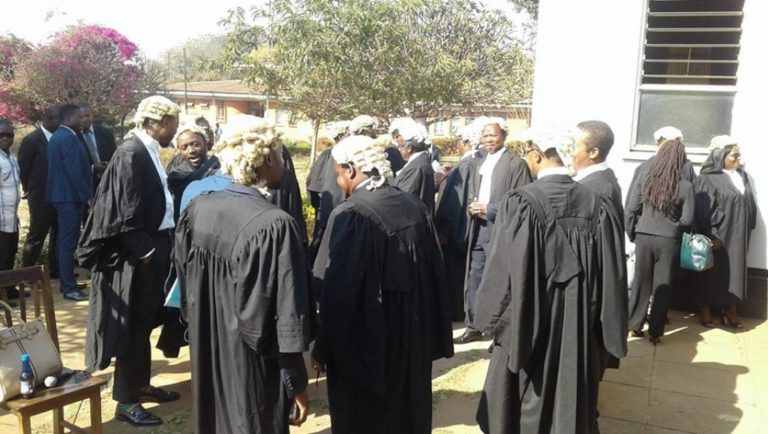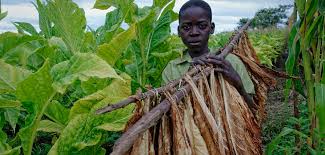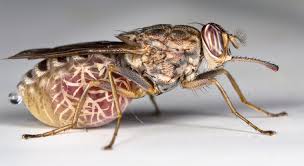Media representatives from Malawi and neighbouring countries (Zambia, Mozambique and Tanzania) will come together in Malawi’s Capital City, Lilongwe from 4th to 6th November 2019 to discuss the state of and strategies for fostering freedom expression in order to strengthen democracy in the sub region.

The conference has been organised by the British High Commission in Lilongwe in conjunction with Media Institute of Southern Africa (Misa) Malawi Chapter. The conference builds on the momentum from the Global Conference for Media Freedom at Printworks in London on 10-11 July 2019. The Conference brought together representatives from governments, civil society and the media in the first ever Ministerial gathering of its kind. Over 60 Ministers and 1500 delegates from 100 countries participated.
Delegates to the Lilongwe conference will discuss a number of themes ranging from media regulation, the bane of fake news and disinformation sweeping across the world and how to professionally report sensitive issues such as elections in order to sustain democracy, good governance and rule of law in their respective countries.
The conference will be facilitated by seasoned local media gurus and foreign trainers and mentors from the Thomson Foundation, BBC and Reporters Without Borders. There will also be group of media activists and practitioners from Namibia, currently ranked first on Media Freedom Index in Africa, to inspire and share notes with their colleagues from the region, including Malawi.
Chairperson on Misa Malawi Teresa Ndanga said “I am excited that MISA Malawi is co-hosting this regional conference. The conference is very important and gives us a rare opportunity to reflect on the state of democracy and media freedom and freedom of expression in Malawi and the region. United we stand and divided we fall. I believe the conference will strengthen ties and networking amongst media freedom and freedom of expression advocates in the region. Such linkages are critical for stakeholders to speak with one voice and effectively counter efforts to suppress dissent and critical voices in the region.










